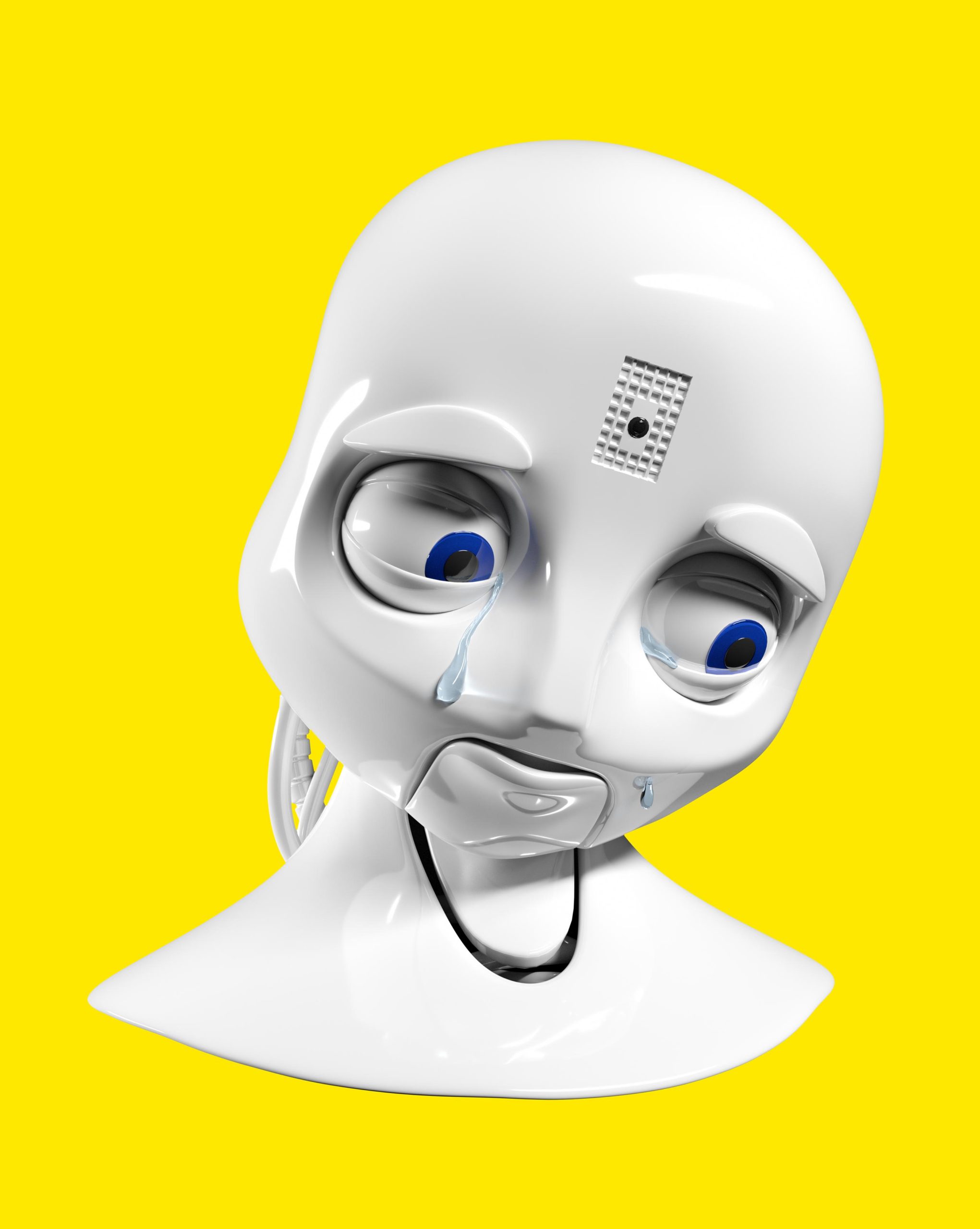Will human workers ever be replaced by robots? Some say no, but others think otherwise. People like to interact with real people who understand their needs. While robots are a great tool to help people in their jobs, they cannot replace humans in the workplace. They do not offer the same kind of emotion that humans do. Because they lack emotional intelligence, they cannot make decisions and cannot feel empathy. Nevertheless, robots are unlikely to replace people anytime soon.
Robots offer no emotion
Emotion and rationality are closely linked in human beings. Human emotions are triggered by changes in body temperature, heartbeat, and breathing rate. Robots, on the other hand, don’t have human body inputs such as those. Even if robots can emulate the signals from these organs, they cannot provide the same level of emotional response as a human. In other words, robots will never have the ability to experience human emotions.
They don’t have empathy
When replacing humans with robots, one of the biggest issues that will arise is that robots don’t have empathy. Empathy is the ability to put yourself in another person’s shoes. It’s a skill required in many areas, including reading people’s emotions, working in teams, and effectively communicating. And robots don’t have the ability to calm animals. So why do we need to teach robots empathy?
They can’t make decisions
We live in a world where innumerable automated decisions are made every day. It would be difficult to imagine modern society functioning without this high level of automation, but we hardly think about it. We just perceive these systems as machines that perform functions. In reality, they are controlled by humans. And once these systems are created, they can be changed, or completely eliminated. What are the ethical dilemmas when humans are replaced by machines?
They lack emotional intelligence
Humans have the ability to understand and communicate emotions, but bots do not. This deficiency gives them away as bots. In fact, Hao Zhou has developed a chatbot that can understand human emotion and make decisions based on its findings. The result? A bot that can become a leader on a team! And this is not a far-fetched scenario: robots with emotional intelligence could even aid in addressing sexual dysfunction.
They can replace humans
If you believe in automation, you might be wondering whether bots can replace humans in your company. The reality is that bots can automate some tasks and roles that people do. However, you will still need humans to oversee, monitor, and manage these robots. Some people see this as a threat, while others see it as an opportunity. Here are some ways bots can replace humans:
They could improve sex between humans
While robots are being tested for their potential to improve sex between humans, some are concerned about the social and health implications of sexbots. If they were to replace a human partner in a relationship, a robot may create a social divide and cause a rift between human partners. However, some people are confident that robots will solve many social problems and provide much-needed assistance to lonely individuals.
They could replace some jobs
While RPA and bots may be replacing some roles, human managers aren’t going anywhere. Humans are still needed in HR departments to manage conflict and make complex decisions, and bots will never be able to replace these jobs. Also, humans have non-cognitive skills, such as reasoning and emotional intelligence, which bots simply can’t replicate. Nevertheless, RPA and bots will help companies cut costs while boosting productivity.
They won’t replace all jobs
While robots are taking over some jobs, they are not replacing all of them. While manufacturing workers have already been affected by automation, robots are primarily replacing middle-skill jobs with lower pay and less stability. Package delivery jobs, which were traditionally unionized and paid a high wage, are being eliminated as the gig economy takes hold. While robots and artificial intelligence software will ultimately make packages deliveries easier, workers will still be needed to complete tasks that are not necessarily high-quality.
Regulatory and social-acceptance issues
Regulatory and social-acceptance issues arise when humans are replaced by robots, particularly in the workplace. While the debate about whether robots are social or not has only focused on their technological aspects, many participants are also concerned about the social implications of their employment. These concerns are echoed by some participants in the European Parliament, who fear that robots will reduce human-to-human interaction. However, these participants point out that robots are designed for one-to-one interactions with humans, while social interactions often involve more than one person.

